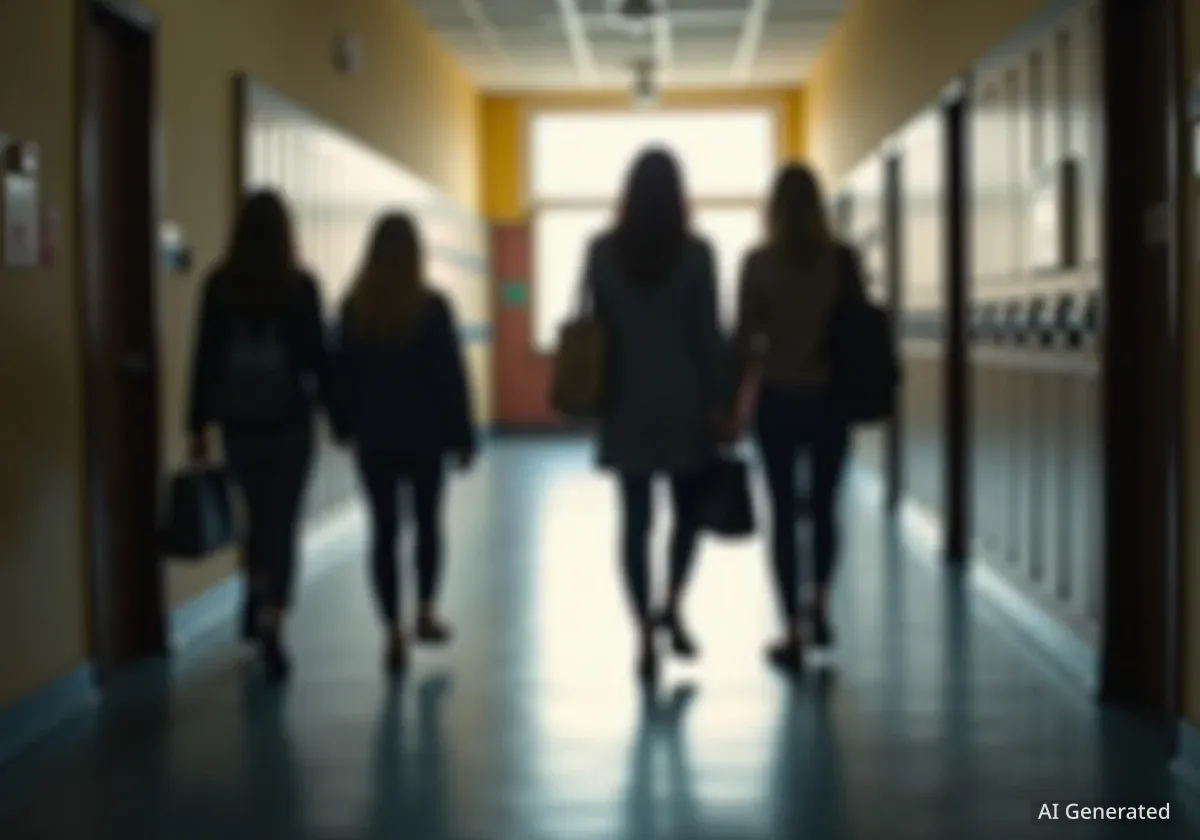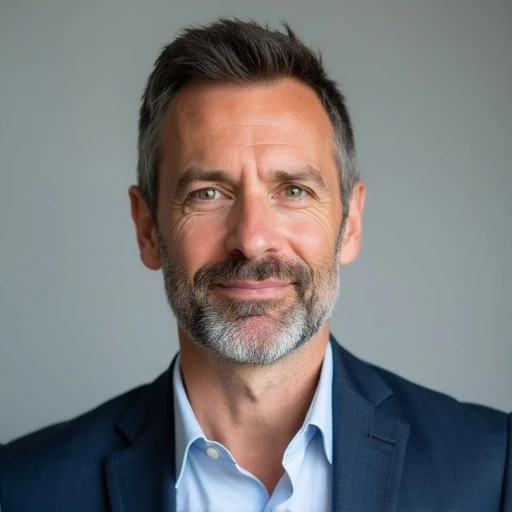The Georgia NAACP is defending several Cobb County educators who were disciplined for social media posts following the death of conservative activist Charlie Kirk. The situation has ignited a debate over First Amendment rights for public school employees, with the school district citing safety concerns for its actions.
Key Takeaways
- The Georgia NAACP is supporting Cobb County teachers who were fired or placed on leave.
- The disciplinary actions followed social media comments made after the death of activist Charlie Kirk.
- Cobb County School District confirmed two employees were fired and fewer than 15 were placed on leave.
- The NAACP argues the teachers' private speech is protected by the First Amendment, while the district cites safety and disruption.
- This incident is part of a national trend of employees facing consequences for online posts about Kirk's death.
Disciplinary Actions Spark Controversy in Cobb County
The Cobb County School District has taken disciplinary action against a group of its employees over comments they posted on social media. According to Superintendent Chris Ragsdale, two employees are no longer with the district, and fewer than 15 others were placed on administrative leave.
Ragsdale stated that the district was alerted to the posts by concerned parents and other staff members. He emphasized that the decision was not politically motivated but was based on maintaining a safe and undisrupted learning environment for students.
District's Official Stance
The school district's primary justification for the disciplinary measures is the potential for the posts to cause disruption and undermine student safety. Officials argue that public confidence in the school system could be damaged if employees are perceived as endorsing violence or creating a hostile environment.
In a statement, Superintendent Ragsdale addressed the nature of the comments, connecting them to school safety protocols.
"We really can have no room for employees of a school district who are seen as condoning, supporting, or cheering for a school shooter," Ragsdale said.
He further explained that the posts led parents to question the safety of their children at school, which constituted a significant disruption to the educational mission of the district.
NAACP Mounts First Amendment Defense
In response to the firings and suspensions, the Georgia chapter of the NAACP has announced its support for the affected teachers. Gerald Griggs, the president of the state conference, asserted that the educators' comments, made in their personal capacity, are protected under the U.S. Constitution.
Public Employees and Free Speech
The First Amendment's protection of speech for government employees, including public school teachers, is not absolute. Courts often use a balancing test, weighing the employee's right to speak on matters of public concern against the government's interest in promoting the efficiency of its public services. Speech that is deemed to disrupt the workplace or undermine the employer's mission may receive less protection.
Griggs stated that both the state and Cobb County branches of the NAACP are investigating the matter to provide necessary support to the teachers.
"It’s our position that people are protected by their First Amendment rights," Griggs explained. "You may not like the type of speech they’ve used in their personal capacity, but there are protections under the First Amendment."
The organization has raised concerns about what it views as a punitive political climate. "We’re concerned about the political climate that’s attempting to punish people for speech that doesn’t amount to hate speech," Griggs added. Despite his firm stance on free speech, he also called for a de-escalation of rhetoric from all parties involved to foster a more productive conversation.
A Call for Measured Dialogue
While defending the teachers' rights, Griggs also urged for a more civil discourse. He suggested that the heated nature of the current political conversation is counterproductive.
"I think at this point we need to rein in the rhetoric on both sides and get to a place where America and Georgia can have a robust political conversation," he remarked, advocating for a return to more constructive dialogue.
A National Trend of Employment Consequences
The situation in Cobb County is not an isolated incident. Following the death of Charlie Kirk, individuals across the United States have faced professional repercussions for their online commentary. This wave of disciplinary actions has affected workers in various sectors, from education to healthcare and aviation.
Reports indicate that educators in several other states are facing similar scrutiny. School districts in Massachusetts, Florida, South Carolina, and Pennsylvania have also suspended or launched investigations into teachers for their social media posts about Kirk.
The consequences have extended beyond the education sector. A number of private companies have also taken action against employees for similar online behavior.
- Children’s Healthcare of Atlanta: Terminated an employee after discovering a social media post that contained expletives related to the event.
- Delta Air Lines: Suspended several employees for their public posts about Kirk.
- Emory University: A faculty member at the School of Medicine was also terminated.
Even the entertainment industry has been affected. The ABC talk show "Jimmy Kimmel Live!" was taken off the air indefinitely following related controversy, highlighting the broad impact of the public reaction. These events collectively raise significant questions about the boundaries of personal expression and professional responsibility in an increasingly polarized digital age.





